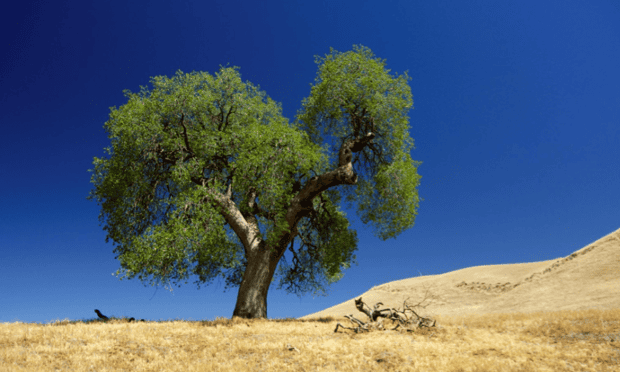Global warming is shrinking California's critical snowpack
Posted on 9 October 2015 by John Abraham
As the world warms, it leads to very obvious results such as a reduction in snowpack in various parts of the world. While this seems intuitive, there are some caveats. A warmer world is also a wetter world because there is more moisture in the air. Therefore, there is a potential for more snow.
So which effect will win out? Will snow melt because of warming, or will snow grow because of more moisture? Often it depends on where you are in the world. But, regardless, changes to snowpack can have big consequences on water availability.
A new study just out in Nature Climate Change look at the long term changes to snowpack in the Sierra Nevada mountains. This region is very important because these mountains act as a water storage system for California, where rain doesn’t fall during much of the year.
The authors estimated the Snow Water Equivalent, which is a measure of the amount of water stored as snow. While they noted that this spring, it was only 5% of its historical average, what they really wanted to know is, how often does it get this low? They noted other low-snow years such as 1934 and 1977. Was this episode like those? Is it just a natural fluctuation?

Blue Oak tree in the Tehachapis Mountains, California. This tree species is sensitive to winter precipitation and was used to reconstruct the Sierra Nevada snowpack over the last 500 years. Photograph: K. J. Anchukaits.
The authors found that this current episode was unsurpassed in the record and exceeded the 95% confidence interval for a 500 year period. The authors combined instrumental measurements (back to about 1930) with measurements from tree growth records. The tree records allowed them to obtain information back to 1500. The current drought exceeded their entire 500-year record.
The record decrease in snowpack coincided with very warm temperatures in California, which have been shown to be a primary cause of the current drought. I contacted the lead author (Soumaya Belmecheri), who told me,
The snowpack in the Sierra Nevada mountains plays a critical role in water resource management. It serves as a natural water storage system. In our study, we put the 2015 snowpack low in a longer-term context and demonstrate that it was unprecedented over the last 500 years. We estimated the return interval for the 2015 record low and found it be beyond 1000 years (95% interval) at low elevations in the Sierra Nevada, where temperature plays an important role in the snowpack variability.
She confirmed my comments about the importance of temperatures as well as snowfall amounts, saying,































 Arguments
Arguments






























Comments